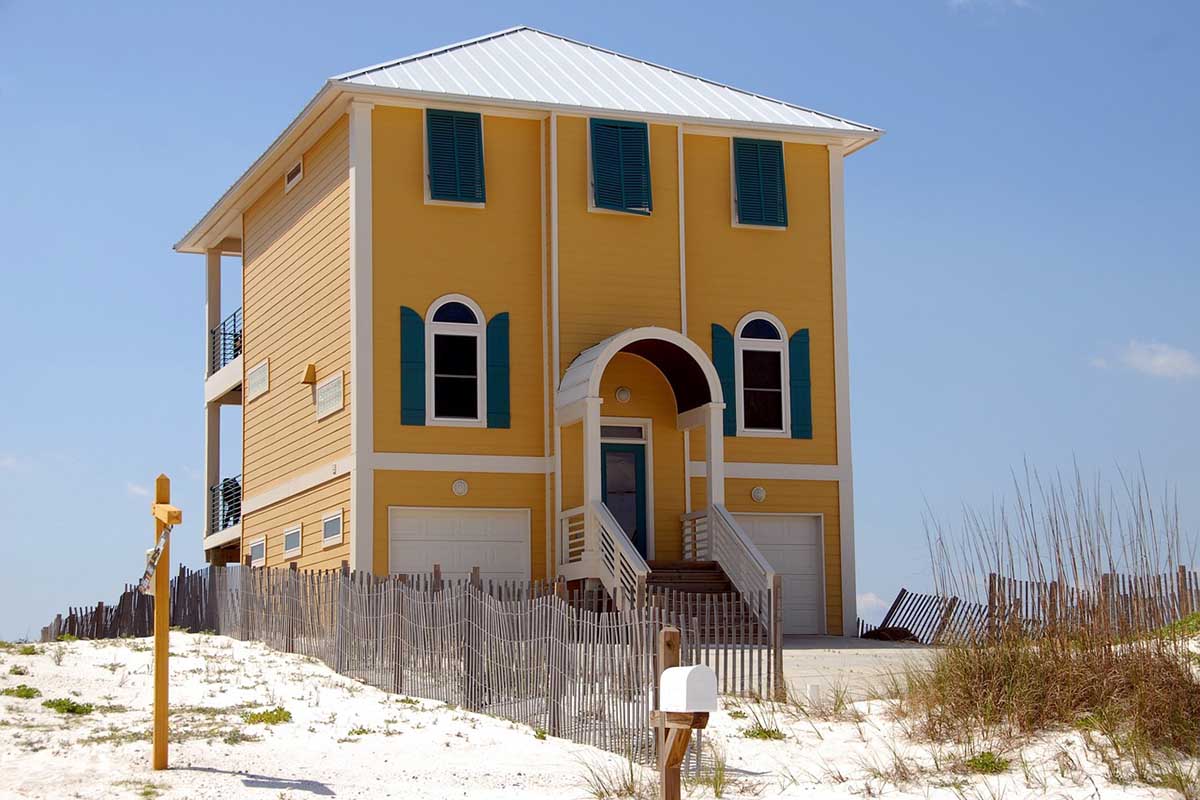The Realities of Phoenix Summer Energy Bills: How to Plan and Prepare
Phoenix, Arizona, is known for its scorching summers, where temperatures often exceed 100 degrees Fahrenheit. While the city’s residents find various ways to beat the heat, the relentless summer sun brings another challenge: skyrocketing energy bills.
While the national average for electricity is $126.38 monthly, the average electric bill in Arizona will be significantly higher. On average, a utility bill consisting of electric, gas, and water sits at $209.47 monthly for Arizona residents. This can increase by another $60 to $70 per month during the height of summer. This article will explore the realities of Phoenix’s summer energy bills and provide practical tips on planning and preparing to mitigate their impact.
Understanding the Factors
Several factors contribute to the high energy bills experienced by Phoenix residents during the summer months. It is essential to comprehend these factors to develop effective strategies for managing energy usage and costs.
- The extreme temperatures in Phoenix necessitate round-the-clock air conditioning, significantly burdening energy consumption. The constant need for cooling drives up electricity usage, leading to higher bills.
- Many homes in Phoenix lack proper insulation, efficient windows, or energy-saving appliances. These shortcomings increase energy usage as incredible air escapes and warm air seeps in. Investing in insulation, weatherstripping, and sealing gaps can help reduce energy waste and lower utility bills.
- Utility companies often implement peak demand rates during the summer, which means higher charges during certain hours when energy usage is at its highest. Knowing these peak demand periods and adjusting energy usage accordingly can minimize costs.
- Outdoor watering for maintaining lush green lawns and gardens in the desert requires significant water usage, leading to additional energy consumption if using electric-powered irrigation systems. Water-saving measures like drip irrigation and watering during more excellent hours can reduce energy usage.
Planning and Preparing
While it may not be possible to eliminate high energy bills during a Phoenix summer completely, there are steps homeowners can take to plan for and prepare for the increased costs. By adopting these measures, individuals can better manage their energy consumption and save money.
Conduct a Home Energy Audit
Begin by assessing the energy efficiency of your home. You can hire a professional energy auditor or conduct a self-audit by identifying areas where energy may be wasted, such as poorly sealed windows or inadequate insulation. Addressing these issues can lead to significant energy savings.
Insulation and Sealing
Enhance your home’s insulation by weatherstripping around windows and doors and sealing gaps or cracks. This prevents cool air from escaping and warm air from entering, reducing the strain on your air conditioning system. Additionally, consider insulating your attic and walls to improve energy efficiency further.
Upgrade to Energy-Efficient Appliances
Consider replacing old appliances with energy-efficient models. Look for the Energy Star label, which guarantees energy savings. Upgrading your air conditioner to a more efficient unit can lead to substantial long-term savings. Additionally, opt for energy-efficient lighting options, such as LED bulbs, which consume less electricity, last longer, and don’t add heat to your home.
Optimize Thermostat Usage
Install a programmable thermostat or utilize the innovative features on your existing thermostat. Set higher temperatures when you are away from home and lower temperatures when you are present. Ceiling fans can also help circulate cool air efficiently and reduce the workload on your air conditioner.
Efficient Landscaping
Embrace desert landscaping techniques that minimize water usage. Opt for drought-tolerant plants and use mulch to retain moisture in the soil. Water your lawn and plants during the cooler morning or evening hours to reduce evaporation and energy consumption. Consider installing a rainwater harvesting system to collect and use rainwater for irrigation purposes.
Time Appliance Usage
Take advantage of off-peak hours to run energy-intensive appliances like dishwashers, washing machines, and dryers. This can help you avoid higher rates during peak demand periods. Many utility companies offer time-of-use plans that provide lower rates during off-peak hours, so adjusting your appliance usage accordingly can lead to substantial savings.
Leverage Renewable Energy
Explore the feasibility of installing solar panels on your property. Solar energy can significantly offset electricity consumption and lower overall energy bills. In Phoenix, where sunlight is abundant, harnessing solar power can be a cost-effective long-term solution. Additionally, check if your utility company offers net metering programs, where you can receive credits for excess energy generated by your solar panels.
Seek Professional Help
Consult with an energy auditor or contact your utility company to schedule an energy assessment. They can provide personalized recommendations based on your home’s specific needs and help you identify potential energy-saving opportunities. They may also inform you about available rebates, incentives, or financing options for energy-efficient upgrades, making them more affordable.
Practice Energy-Saving Habits
Simple behavioral changes can go a long way in reducing energy consumption and lowering bills. Remember to turn off lights and unplug electronics when not in use, use natural light instead of artificial lighting during the day, and avoid unnecessary use of appliances. Encourage family members to be mindful of their energy usage and involve them in energy-saving efforts.
Educate Yourself
Stay informed about energy-saving tips and practices. Follow energy efficiency blogs, websites, and social media accounts to stay updated on the latest trends and technologies. Attend workshops or seminars on energy conservation in your community. The more knowledgeable you are, the better equipped you’ll be to make informed decisions about managing your energy consumption.
Conclusion
In conclusion, dealing with high energy bills during Phoenix summers requires proactive planning and preparation. Understanding the factors that contribute to increased energy usage and adopting energy-saving measures means homeowners can effectively manage their energy consumption and mitigate the financial impact.
Various strategies are available to reduce energy bills, from conducting home energy audits to upgrading appliances, optimizing thermostat usage, and leveraging renewable energy sources. By implementing these practical tips and prioritizing energy efficiency, Phoenix residents can stay comfortable while controlling their energy costs.




















